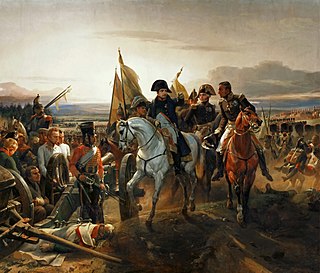John Leland may refer to:
- John Leland (antiquary) (c. 1503–1552), English antiquary
- John Leland (Baptist) (1754–1841), United States Baptist minister
- John Leland (journalist) (born 1959), New York Times reporter, columnist, and book author
- John Leland (politician) (died 1808), British Army general and English Member of Parliament for Stamford, 1796–1808
- John Leland (Presbyterian) (1691–1766), English Presbyterian minister
- John E. Leland, American engineer and Director of the University of Dayton Research Institute

John Leland or Leyland was an English poet and antiquary.

John Leland was an American Baptist minister who preached in Massachusetts and Virginia, as well as an outspoken abolitionist. He was an important figure in the struggle for religious liberty in the United States. Leland also later opposed the rise of missionary societies among Baptists.
John Leland is an author and has been a journalist for The New York Times since 2000. Leland began covering retirement and religion in January, 2004. During a stint in 1994, he was editor in chief of Details magazine. Leland was also a senior editor at Newsweek, an editor and columnist at Spin magazine, and a reviewer for Trouser Press.




